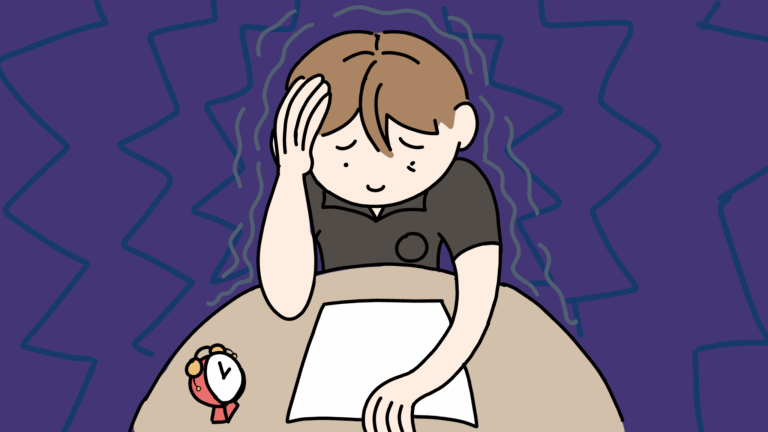In less than one month, the school year will wrap up and students will be free to enjoy their summers without the stress of impending exams and projects.
However, before AP students can achieve that level of relaxation, they must first face the daunting task of completing their AP exams. Every junior and senior is eligible to sign up for Advanced Placement (AP) classes, which are equivalent to college-level courses. If students pass their exams in May with a score of 3 out of 5 or higher, they may have the option of waiving certain freshman level college classes. If students maintain at least a C- in their AP class, their class also acts as a GPA booster, in that their letter grade is actually worth 10% more than what they receive.
The main purpose of taking a college-level course in high school is to earn credits early on. Therefore, exam preparation and skills are central focuses for AP teachers and students alike. For students, the intensity of AP classes become clear when teachers at this college-preparatory school begin to dole out the practice/mock exams. AP Literature and Composition teacher Alexandra Taylor said, “Most of my curriculum is explicitly geared to prepare students for the exam, and I try to have students write at least four or five practice essays each quarter. More than any other class during my high school experience, my AP Literature class prepared me for college…I did very well on the exam because of the excellent preparation I received from my senior English teacher.”
Along with in-class mock exams, Counselor Danford Chang suggests taking practice exams on the College Board website.
Along with in-class mock exams, Counselor Danford Chang suggests taking practice exams on the College Board website. He explained, “Earlier is better when it comes to studying for AP exams. Don’t let them sneak up on you, and don’t underestimate the time that goes into earning a 4 or a 5…By preparing early, you can make note of any problems or concepts you may find confusing and you will have time to sit down with a teacher, tutor, or classmate to get your questions answered ahead of time.”
Here are some other tips students, teachers, and counselors have for AP exam takers:
- Stay Calm: Stressing out about exams will not help you achieve your goal score. Instead of becoming flustered, relax, breathe, and stay focused on your plan. The more organized you are, the less you will have to be anxious about, so avoid those pre-exam jitters by taking each day at a time and remembering to take time to yourself once in awhile. —Counselor Danford Chang
- Get a good nights rest the night before. I took the AP English and Chemistry exam in my junior year, both of which were pretty difficult, and I struggled to focus because I studied till late at night. AP tests are similar to the SAT. You can study all you want, but you need endurance both physically and mentally so getting a restful sleep is really important. —senior Amelia McKenzie
- Just stay awake! I took both the AP World and English exam, last year and I found that the best thing I could’ve done was stay awake during the test. You’ve most likely done practice exams and have trained for this so if you can stay alert and focused it’ll be easy doing the things you already know how to do. Just remember the tips of what you’ve learned. Especially for writing and essays just know what you have to do and make sure you hit all your points like commenting on style or tone because AP exams are graded on what you do well, not what you do wrong. —senior Aaron Wilford
- Don’t stay up too late the night before the exams! You’re going to need the energy to stay awake during testing because even dozing off for a few minutes can cost you points you may need to get the score that you’re shooting for. Go into the test with a clear mind and make sure to just relax and do your best! —senior Deron Yoshimura
- I would highly highly suggest watching Crash Course or any other youtube videos because there are a variety of subjects that people cover… Getafive.com is another great website where you can take practice tests and watch videos. —senior Danielle Toda
- Take the practice test seriously. Don’t take too much time on one problem. Don’t leave anything blank. —senior Jeffrey Liang







